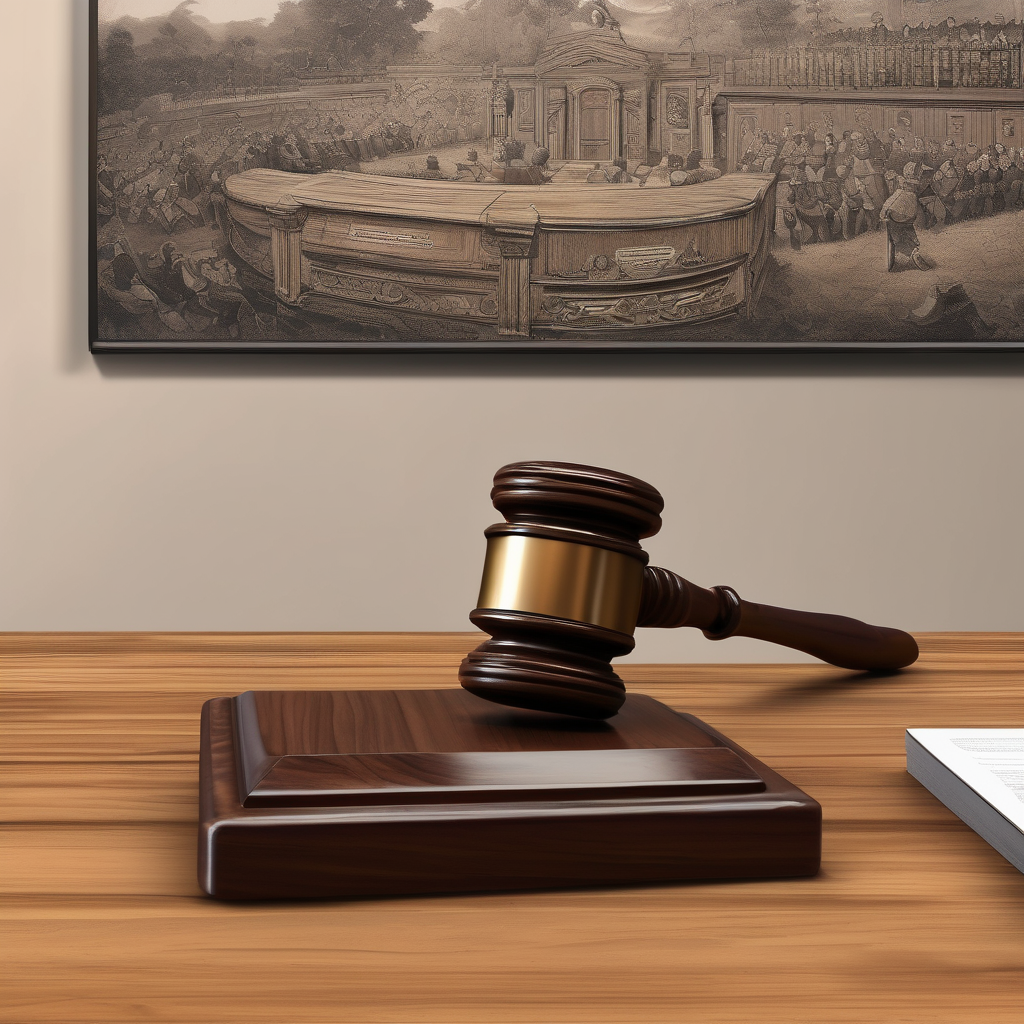The ongoing legal proceedings involving former Attorney-General Aiyaz Sayed-Khaiyum and former Supervisor of Elections Mohammed Saneem continue to capture public attention in Fiji. The latest development sees Master of the High Court in Lautoka, Preetika Prasad, providing evidence in open court as part of the case. The situation arises after Chief Justice Salesi Temo revisited a previous decision, following concerns raised by Acting Director of Public Prosecutions Nancy Tikoisuva about the potential impact and social media scrutiny of Ms. Prasad’s testimony.
Ms. Tikoisuva’s concerns highlight the vulnerability of public figures to social media criticism, particularly in high-profile cases. There have been instances of ridicule and victimization directed at state witnesses in the case through social media platforms over the past week. Chief Justice Temo responded by reminding the public that while freedom of speech is important, it must be exercised responsibly to avoid compromising the judicial process. He emphasized that any unlawful defamatory actions will be subject to legal consequences, such as contempt of court.
The trial centers on allegations of abuse of office and the receipt of corrupt benefits, with both Sayed-Khaiyum and Saneem facing serious charges. The allegations stem from Sayed-Khaiyum’s purported approval of a deed allowing governmental payment of Saneem’s taxes without proper authorization, during his time as Acting Prime Minister. This case has sparked significant public discourse concerning governance, ethics, and accountability in Fiji, shedding light on the standards expected of public officeholders.
The trial is seen as a critical moment for reinforcing legal integrity and governance standards in Fiji. With a potential impact on future policy reforms, the case underscores the vital role that the judiciary plays in maintaining transparency and public trust in government institutions. The legal community and the public alike watch closely as the proceedings promise to influence governance practices and reinforce ethical standards in public service.
